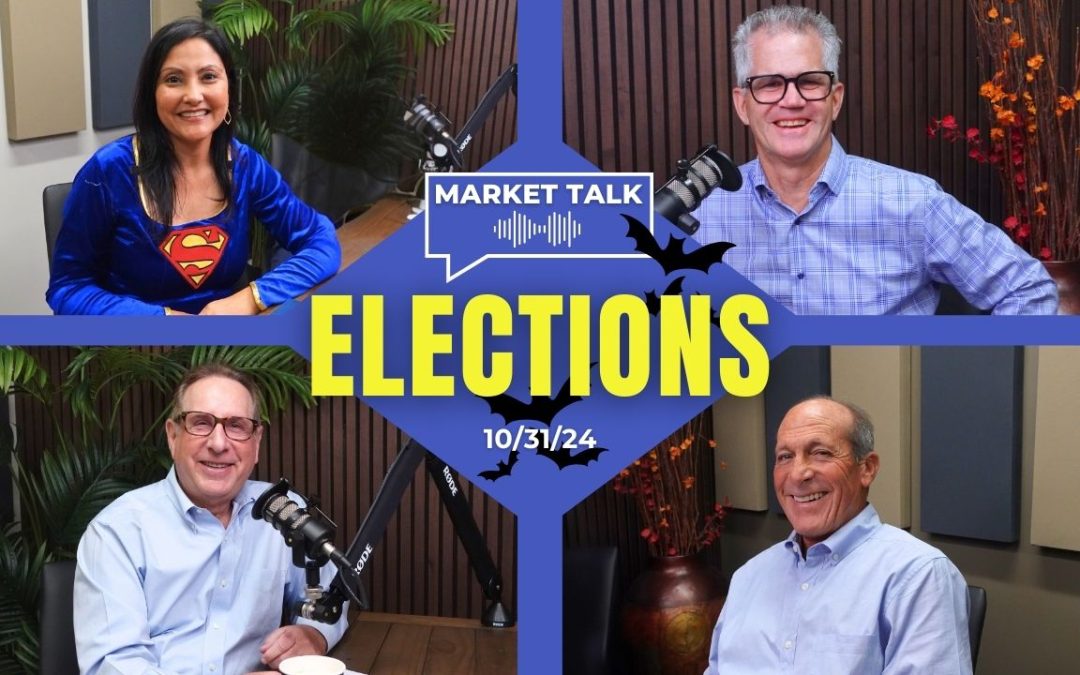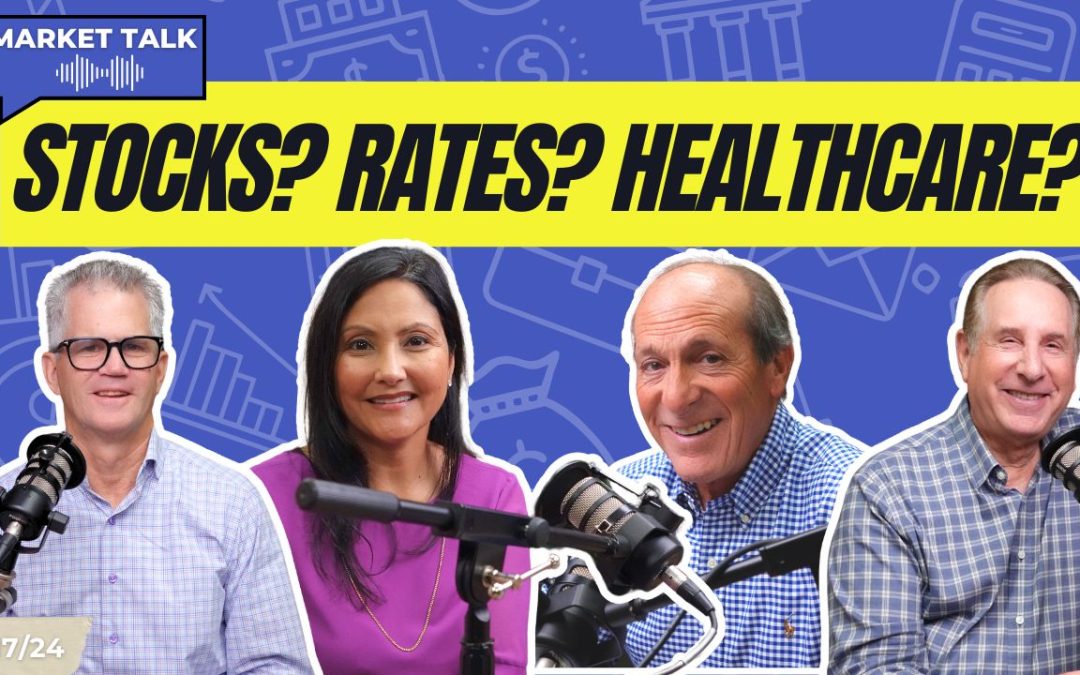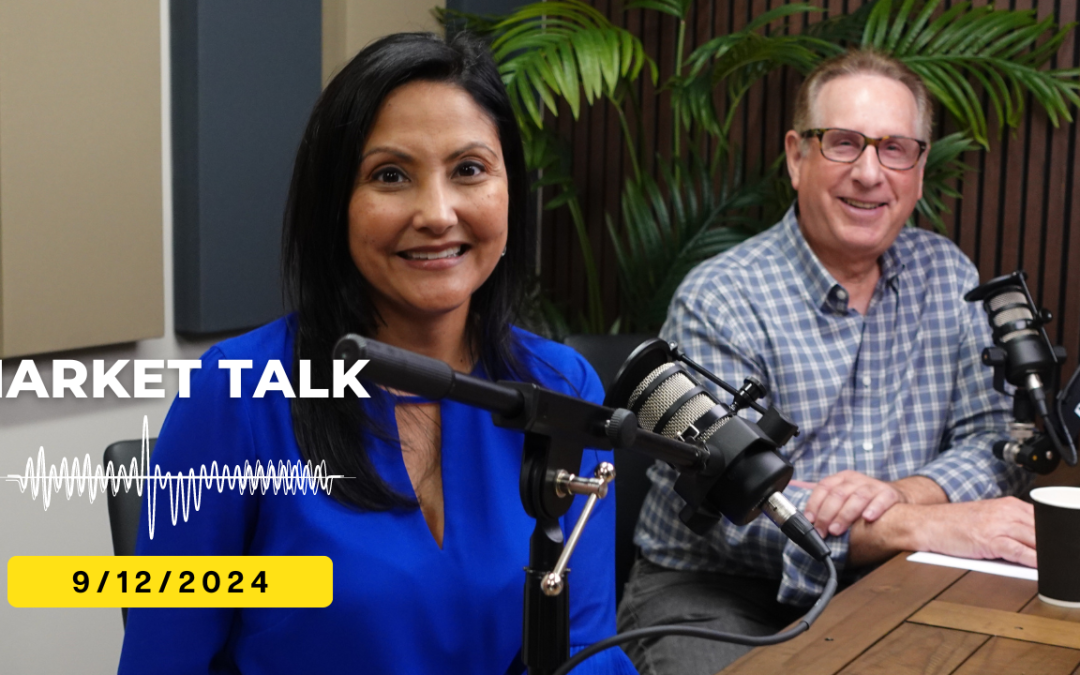
Trump’s Election On The Market
In this episode, Catherine, Steve, Vince, and Greg dive into the latest market updates following Trump’s election, including a stock update, rate cuts, and the performance of small-cap stocks. We discuss how Trump-related stocks performed and challenges with tariffs. Plus, we cover the expectations for reduced corporate regulations and potential impacts of Trump’s immigration policy. With many more topics on current CD rates and changes to 2025 gift tax and retirement planning, here are key insights to our evolving market.
If you want to understand what’s going on in the economy, get better insight into the financial markets, and separate the sound from the noise so you can make good financial decisions, tune in now!
Date Recorded: 11/7/2024
WWM Financial is an SEC Registered Investment Advisor.
The opinions expressed in this program are for general informational purposes only and are not intended to provide specific advice or recommendations for any individual or on any specific security. It is only intended to provided education about the financial industry and how we may be able to assist. To determine which investments may be appropriate for you, consult your financial advisor prior to investing. Any past performance discussed during this program is no guarantee of future results. As always please remember investing involves risk and possible loss of principal capital. Tax considerations presented may not be appropriate every individual circumstance. A tax professional should be consulted before making any decisions about your tax liability.










